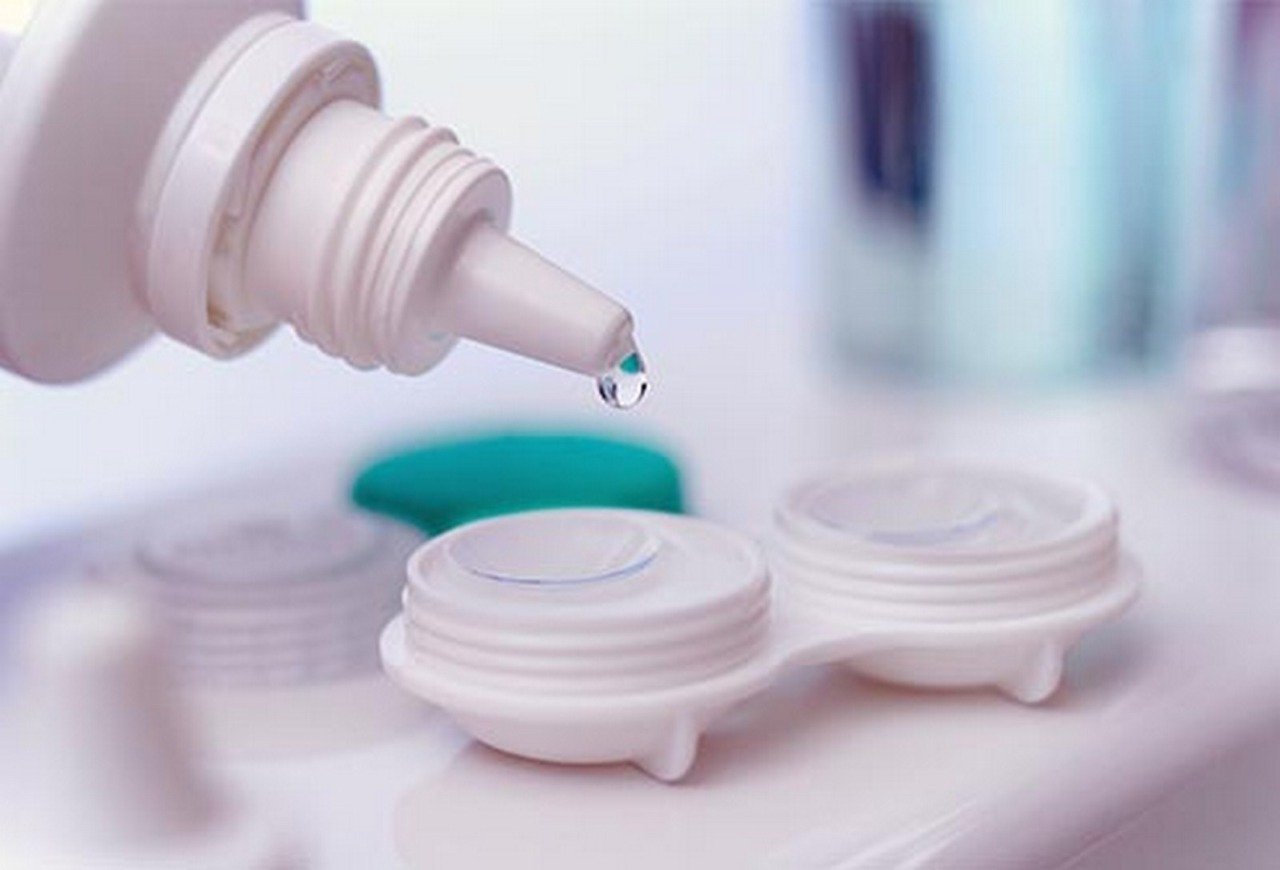AIMAN INAM
PARIS: Innumerable people opt for contact lenses for cosmetic reasons. Therefore, the odds are high that they could fall asleep with them on.
Russell Wohl, OD, from Farmingdale, New York noted: “The FDA actually describes contacts as a drug. No you’re not ingesting a contact, it’s just sitting on your eye, but your body has to get acclimated to it.”
Contacts can often cause burning and dryness in the eye. This might be because every person’s tears are made up of specific pH acidity and thus, when you wear a contact its solution in fact has a dissimilar pH. Therefore, your eye may tear to assist wash off that solution.
Wohl went on further by holding: “When we blink, we’re wiping tears across the cornea to help keep things uniform and clear, because when the cornea is exposed to air, it can become irritating. Contacts need moisture once they’re removed from the solution they come packaged in, and if you already don’t have enough tears or suffer from dry eyes, lenses might only make that worse.”
When we snooze, we drop ambient oxygen contact to the cornea, which is required to maintain a healthy cornea. Commenting on this further, Wohl said: “What a contact lens does is limit the oxygen even more because it creates a barrier between the oxygen and the cornea. Some lenses, extended wear ones, allow the oxygen through though.”
Besides, people could too come out with eye infection as micro-organisms can get onto the cornea when your eyes are shut. “The bacteria can then become opportunistic and literally start to eat away at your cornea. Worst case scenario from that is loss of vision,” said Wohl.
Experts here have stressed people to not fall asleep with the lenses as it could pose severe threat to their health.
Some of the widespread warning signs of adverse eye infection incorporate extremely red eyes, irritation, inflammation, burning sensation when eyeing an indoor lamp etc.
Some infections are easy to cure, but you should seek professional advice if the condition is persistent. According to Wohl: “The good news is that most of the time it’s an acute episode that can usually be corrected by not wearing the contact lens and allowing the body to heal itself. If it’s worse, your doctor may need to give you a prescription.”
Wohl concluded by maintaining, “I recommend that everyone try to take them out every single day. If you ask me, that’s the healthiest option.”












